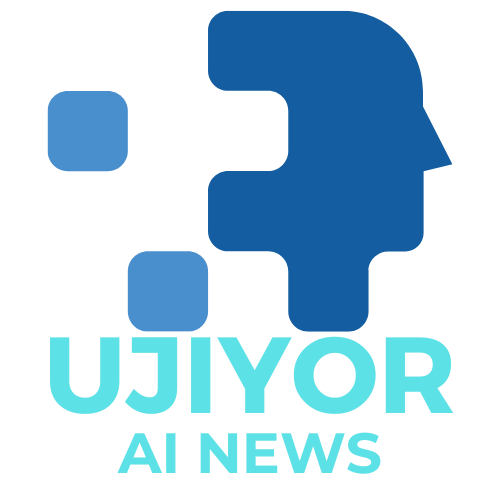Imagine walking into a theater, the lights dim, the screen flickers to life, and there’s James Dean—starring in a brand-new action movie. Or perhaps Marilyn Monroe sharing the screen with Timothée Chalamet in a romantic drama. It sounds like a scene from Black Mirror, but thanks to artificial intelligence (AI), this isn’t a dystopian future—it’s the now.
Hollywood has been flirting with AI for years, but recently, that relationship got serious. From de-aging iconic actors to creating fully digital doubles, AI is on the cusp of not just assisting in film production—but becoming the star of the show. So, the burning question is: Are AI actors the future of film? Or are we heading toward an industry crisis where human talent is left in the digital dust?
Let’s dive in.
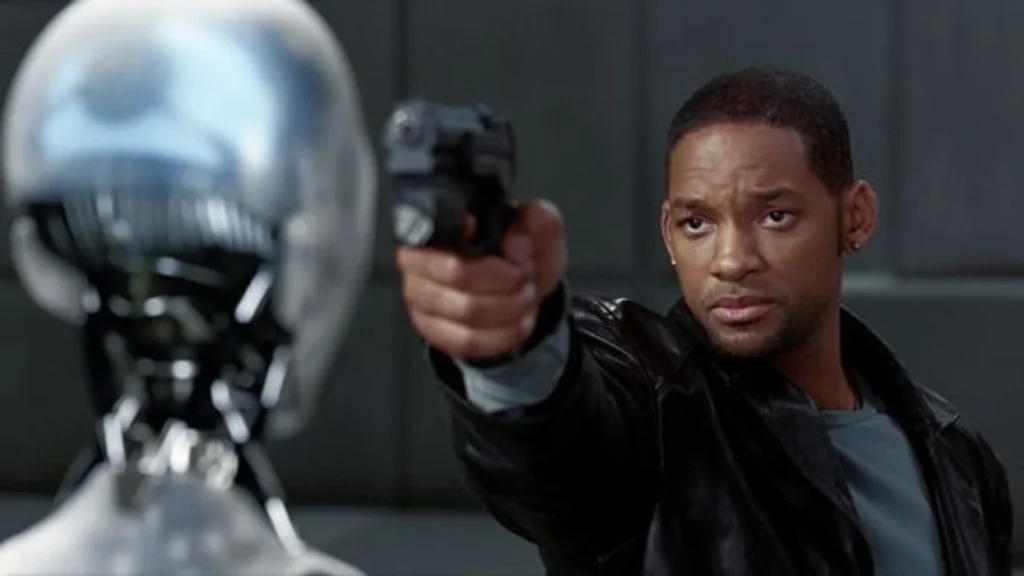
🎥 The Evolution of AI in Hollywood: From Background Tool to Center Stage
For decades, technology has been part of Hollywood’s DNA. CGI? Check. Green screens? Check. But AI is different. It’s not just a tool to enhance films—it’s starting to replace elements we thought were untouchable: actors, voices, even creativity itself.
A Timeline of AI’s Blockbuster Moments:
- 2019: The Irishman de-ages Robert De Niro with advanced VFX and AI-driven facial mapping—cool, but it took months of post-production.
- 2022: Top Gun: Maverick uses AI to recreate Val Kilmer’s voice after he lost it to cancer. The result? Stunningly lifelike.
- 2023: Disney licenses James Earl Jones’s voice, using AI to preserve his iconic Darth Vader performance forever.
- 2024: Indie films debut AI-generated lead actors at film festivals, blurring the line between reality and simulation.
And that’s just the start. Now, studios are experimenting with fully AI-generated actors—no humans required. They don’t get tired, they don’t age, and they don’t need a trailer stocked with Evian and green M&Ms.
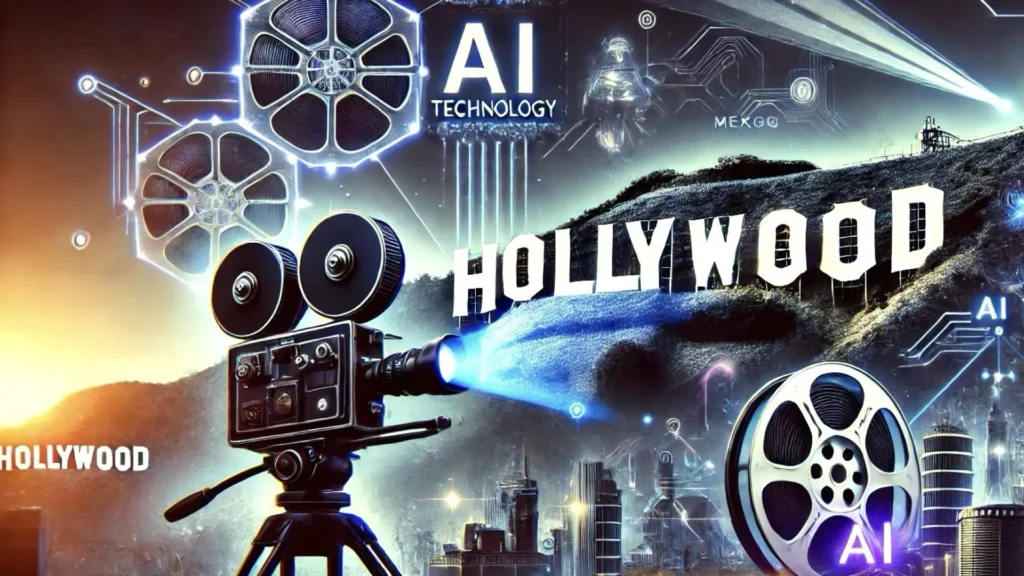
📊 By the Numbers: The Growing Impact of AI in the Film Industry
This isn’t just about artistic experimentation—it’s big business. The financial incentives for AI in Hollywood are undeniable.
| Metric | 2020 | 2024 (Projected) |
|---|---|---|
| AI-related cost savings in film production | $500 million | $3 billion |
| Films using AI for VFX or digital doubles | 20% | 75% |
| Public support for AI in special effects | 35% | 42% |
| Revenue from AI-generated content | $1.2 billion | $4.4 billion |
According to McKinsey Digital, generative AI could contribute up to $4.4 trillion to the global economy annually, with entertainment and media seeing a boost of $80–130 billion per year. (amt-lab.org)
Translation? Hollywood isn’t just interested in AI—they’re betting the future on it.
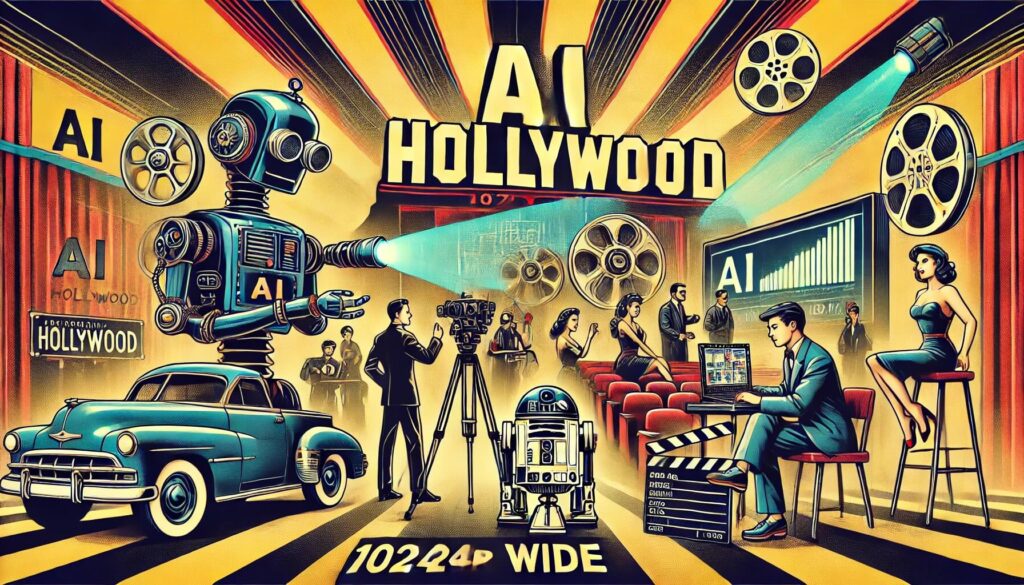
🎭 Can AI Actors Replace Human Emotion?
Here’s where things get tricky. Can AI truly capture the essence of a human performance? Sure, AI can mimic facial expressions, replicate voices, and even analyze millions of hours of acting to generate realistic emotions. But there’s something AI can’t fake: authenticity.
What Makes an Actor… an Actor?
- Lived Experience: Every tear, laugh, or subtle glance an actor brings to a role comes from personal history—something AI can’t replicate.
- Imperfection: Some of the most powerful performances are imperfect. The crack in a voice, the trembling hand—AI tends to smooth out those “flaws,” but often, that’s where the magic happens.
- Chemistry: No matter how advanced AI gets, can it genuinely connect with a human co-star on screen? Chemistry isn’t just about lines—it’s about energy.
Nicolas Cage’s Take on AI in Hollywood
At the 2024 Saturn Awards, Nicolas Cage didn’t hold back:
“Robots can’t embody the human condition. Acting is about truth, not algorithms.”
He’s got a point. Acting isn’t just about reciting lines—it’s about living them. (theguardian.com)
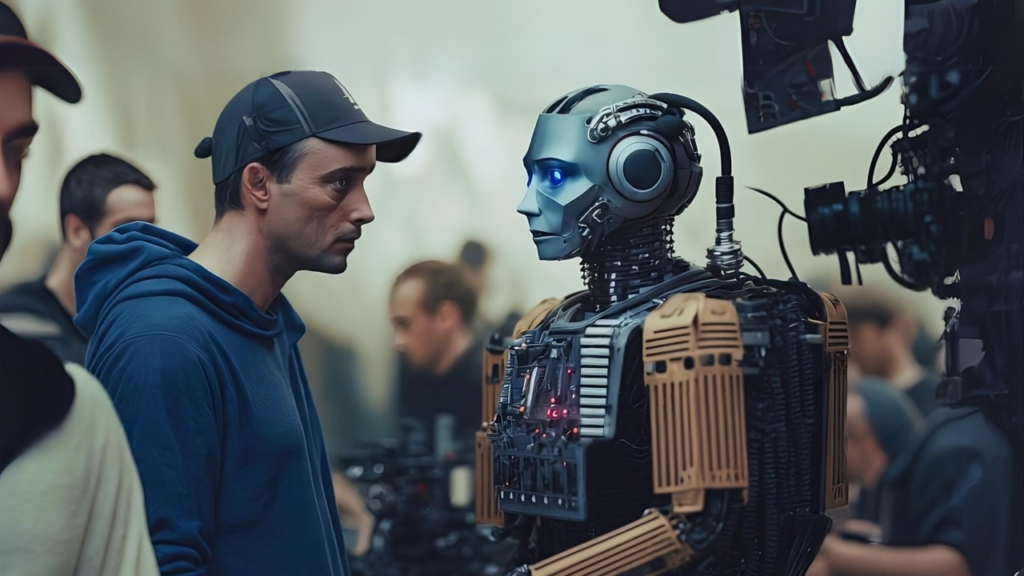
⚖️ The Ethical Dilemma: Consent, Legacy, and the “Ghost Actor” Debate
AI in Hollywood isn’t just a creative question—it’s an ethical minefield.
1. Consent & Ownership
- Can studios use an actor’s likeness without permission?
- What happens when actors sign contracts allowing their digital doubles to be used… forever?
- Who owns the AI-generated performance—the actor, the studio, or the AI company?
2. Resurrecting Deceased Actors
Hollywood has already “resurrected” stars like Carrie Fisher (Star Wars: Rogue One) and Peter Cushing (Tarkin). But as AI improves, we could see entire careers “revived” long after an actor’s death.
Is that honoring a legacy—or exploiting it?
3. The Deepfake Problem
With AI making it easy to replicate faces and voices, we’re entering dangerous territory. What’s stopping someone from creating fake “performances” without consent? Or worse—using AI for political propaganda, misinformation, or malicious content?
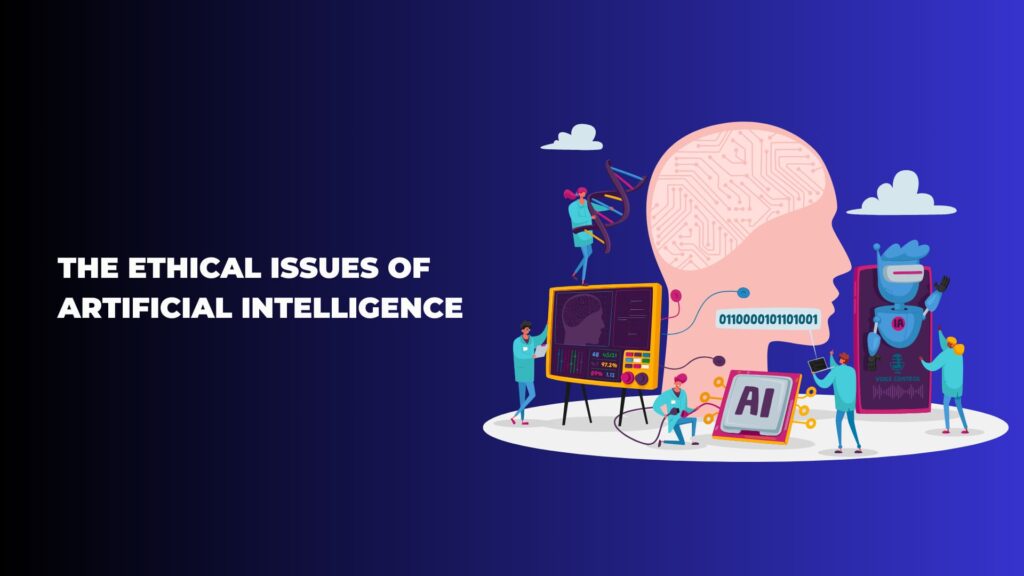
🤖 The Benefits: Why Hollywood Loves AI (Even If Actors Don’t)
Let’s be fair—AI isn’t all bad. In fact, there are some legitimate advantages.
✅ Cost Efficiency
No more million-dollar actor salaries, no scheduling conflicts, no expensive reshoots. AI actors are on-demand 24/7.
✅ Creative Freedom
Want to make a movie starring Abraham Lincoln and Bruce Lee in space? No problem. AI can generate anything a director imagines.
✅ Safety
Stunt work is dangerous. AI doubles mean fewer real-life injuries for actors.
✅ Preservation
AI allows iconic performances to be preserved forever. Future generations could “watch” new films starring legends from the past.
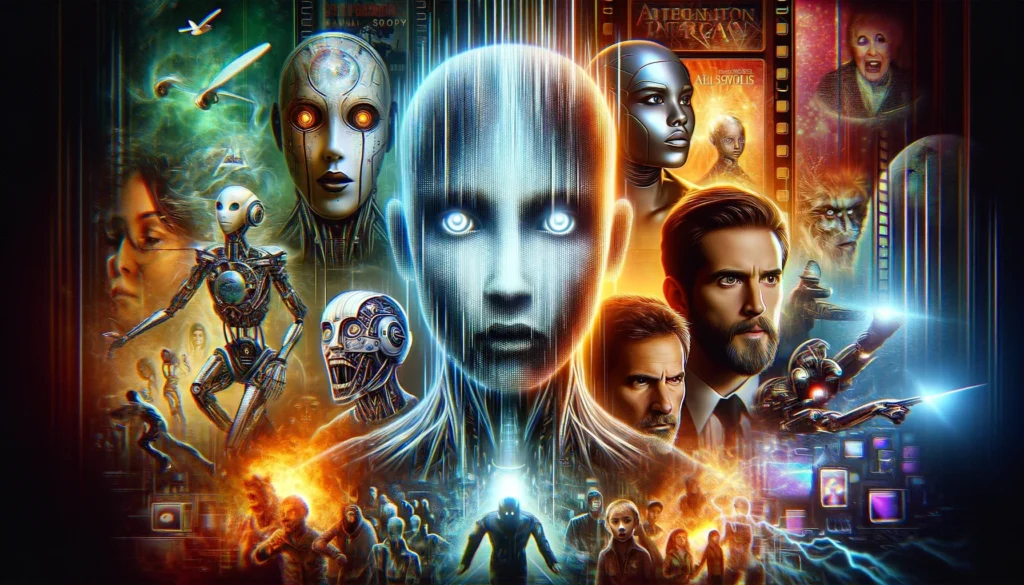
🚀 What’s Next? The Future of AI in Film
Hollywood’s AI revolution is just getting started. Here’s where it’s headed:
- Hybrid Films: Expect more movies blending real actors with AI-generated co-stars.
- Personalized Content: Imagine Netflix creating a custom film starring… you. (Yes, really.)
- AI Directors & Writers: AI isn’t stopping at acting. It’s already writing scripts, editing films, and even composing scores.
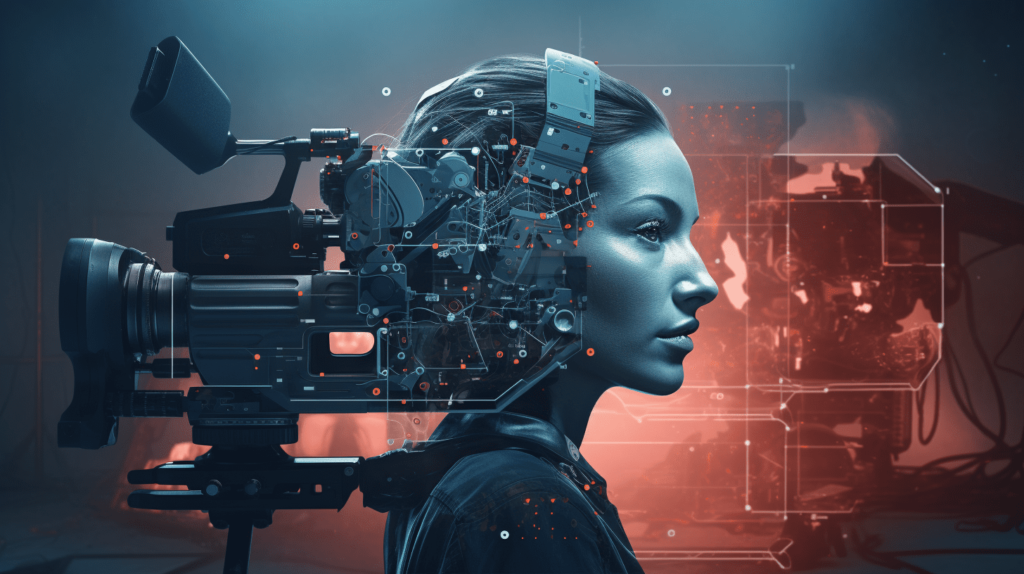
💡 The Bottom Line: What Makes a Movie… Human?
At the end of the day, AI doesn’t dream. It doesn’t feel heartbreak. It doesn’t fall in love. It can replicate emotions, but it doesn’t live them.
Movies aren’t just entertainment. They’re reflections of the human experience—messy, emotional, imperfect, and real.
AI might dominate the screen one day, but the heart of cinema will always belong to the humans who create, inspire, and connect through stories.
So, are AI actors the future of film?
Maybe.
But they’ll never replace the magic of a performance that comes from a place no algorithm can reach: the human soul.

